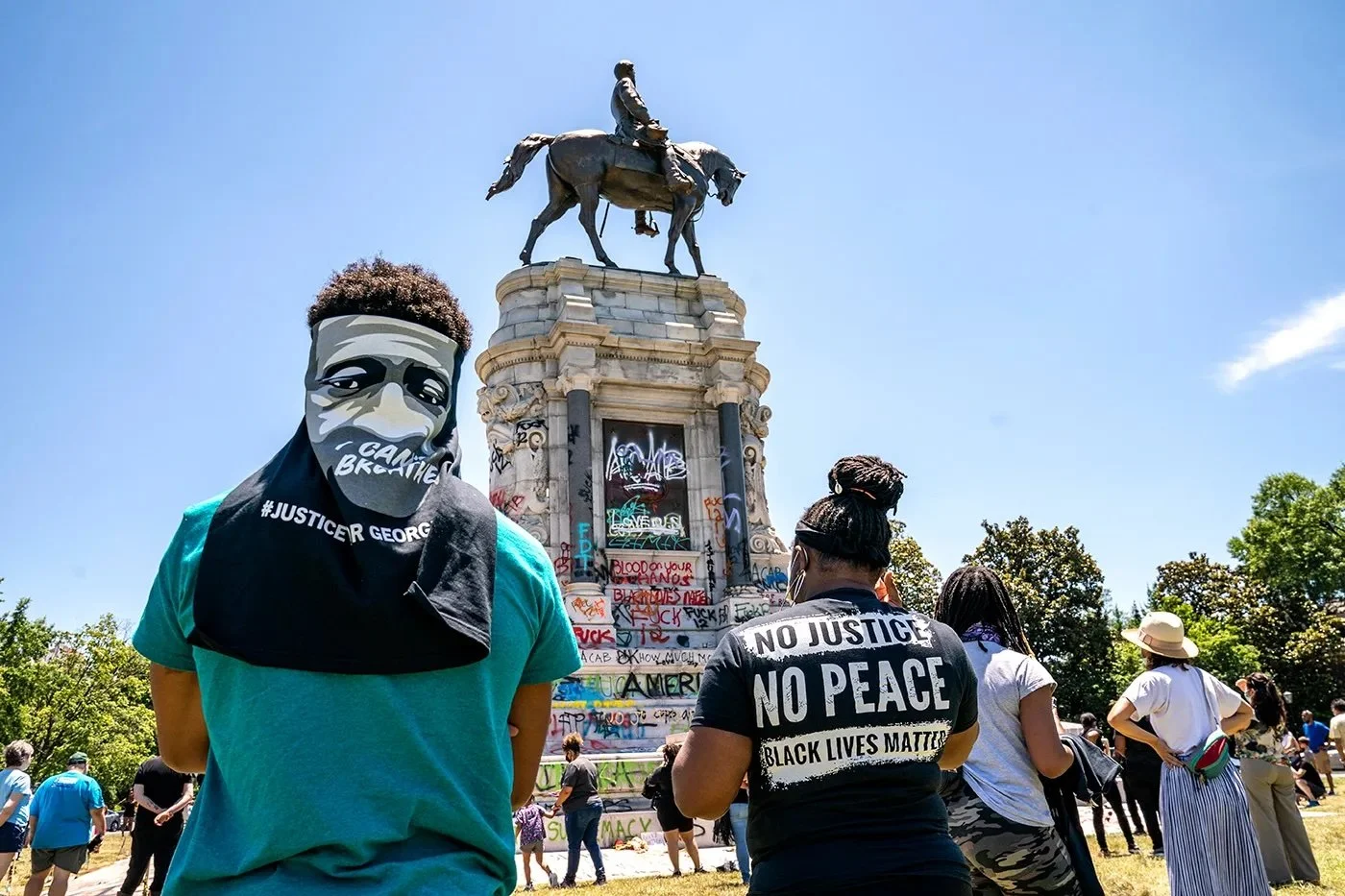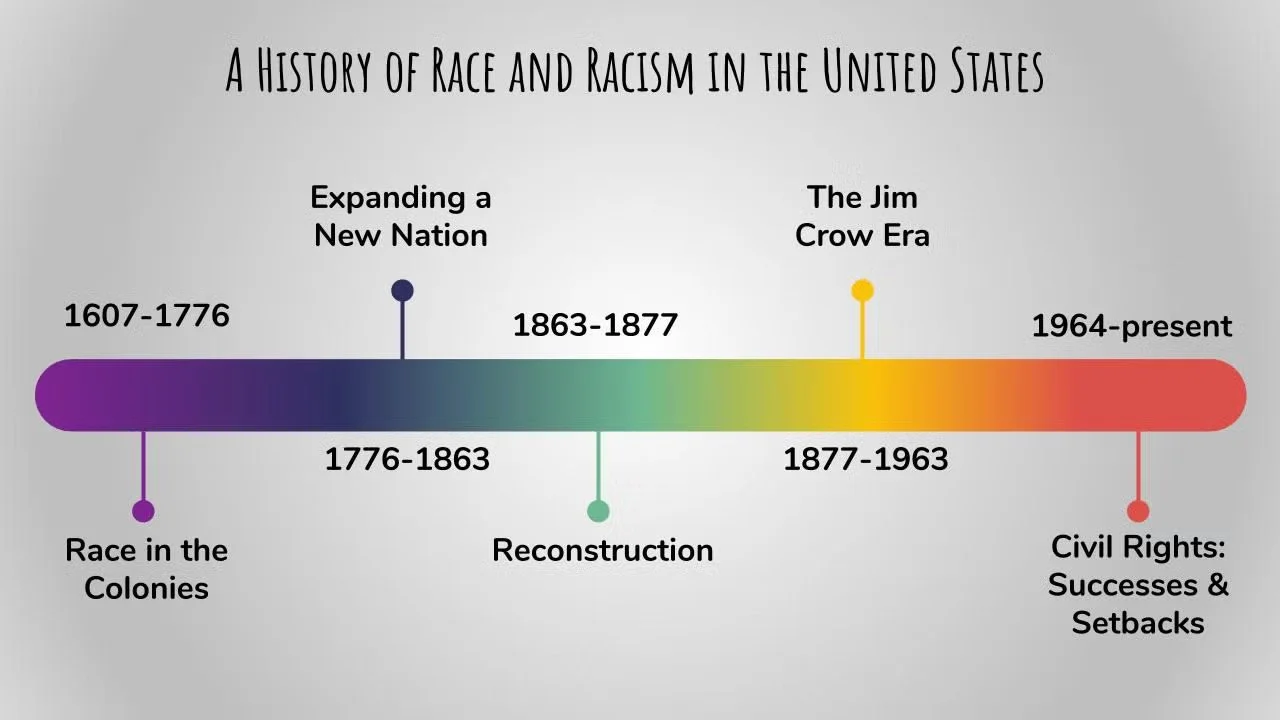Research
Our interests lie in examining how White people justify and promote racism. Our work examines how White people might distort history in ways that promote white supremacy. Distortion can come in many forms. Some strategies that we examine are denial, distancing, and ignoring of history. These strategies may serve to protect group identity and, importantly, to maintain the existing racial hierarchy that benefits White people in the U.S. These distortions could have impacts on present day attitudes toward racism as well as critical policy support.

Denial
We examine the possibility that White Americans might outright deny that racism plays a crucial role in historical events. Denial can take many forms, from rejecting well-documented facts to reframing history in ways that erase oppression or portray injustice as justified. These strategies distort collective memory and hinder racial progress. We investigate why people deny the past, how these denials are communicated, and what impact they have on present-day attitudes toward inequality and racial justice efforts. In this regard, we have work examining the “heritage , not hate” claim for Confederate monuments, an argument which denies the influence of racism on historical and contemporary support for these monuments.

Distancing
We investigate how people create psychological distance from historical racism by perceiving events as happening further in the past than they actually happened. Temporal distancing allows people to downplay the connection between past injustice and present day disparities, reducing feelings of responsibility or urgency for change. We have found that White Americans perceive racism related historical events as happening further back in time than they actually happened. Our research examines when and why people engage in temporal distancing and how this shapes attitudes toward racial equity initiatives.

Ignoring
Our lab studies what happens when the history of racism is overlooked or completely ignored. Particularly, what happens when people do know some of the history of racism but choose not to use that knowledge? We have found that White people that are told some history of racism do not report greater support for policies addressing racism. Ignoring history in this way allows individuals and societies to avoid grappling with the origins of racism, often framing present conditions as disconnected from the past. It allows for the racial hierarchy to be maintained. In our lab, we explore why people, particularly White people, fail to engage with this history and how this lack of engagement is influenced by identity and impacts attitudes toward racial justice and policy preferences.
Lab Publications
Bart-Plange, D. J., Henderson, K., Hoffman, K., & Trawalter, S. (2025). Critiquing and Reimagining Belonging in Public Spaces in Higher Education. Educational Psychology Review, 37(3), 1-30. (link)
Trawalter, S., Druckman, J., Henderson, K., (2023). Critical Race Theory and COVID-19 vaccination: An empirical test of interest convergence (link)
Trawalter, S., Higginbotham, G., Henderson, K. (2022). Social psychological research on racism and the importance of historical context: Implications for policy. Current Directions in Psychological Science. (link)
Henderson, K., Powers, S., Claibourn, M., Brown-Iannuzzi, J.L., & Trawalter, S. (2021). Confederate monuments and the history of lynching in the American South: An empirical examination. Proceedings of the National Academy of Sciences. (link)
Brannon, T. N., Higginbotham, G. D., & Henderson, K. (2017). Class advantages and disadvantages are not so black and white: Intersectionality impacts rank and selves. Current Opinion in Psychology, 18, 117-122. (link)
Brannon, T. N., Taylor, V. J., Higginbotham, G. D., & Henderson, K. (2017). Selves in contact: How integrating perspectives on sociocultural selves and intergroup contact can inform theory and application on reducing inequality. Social and Personality Psychology Compass, 11(7), 1-15. (link)
